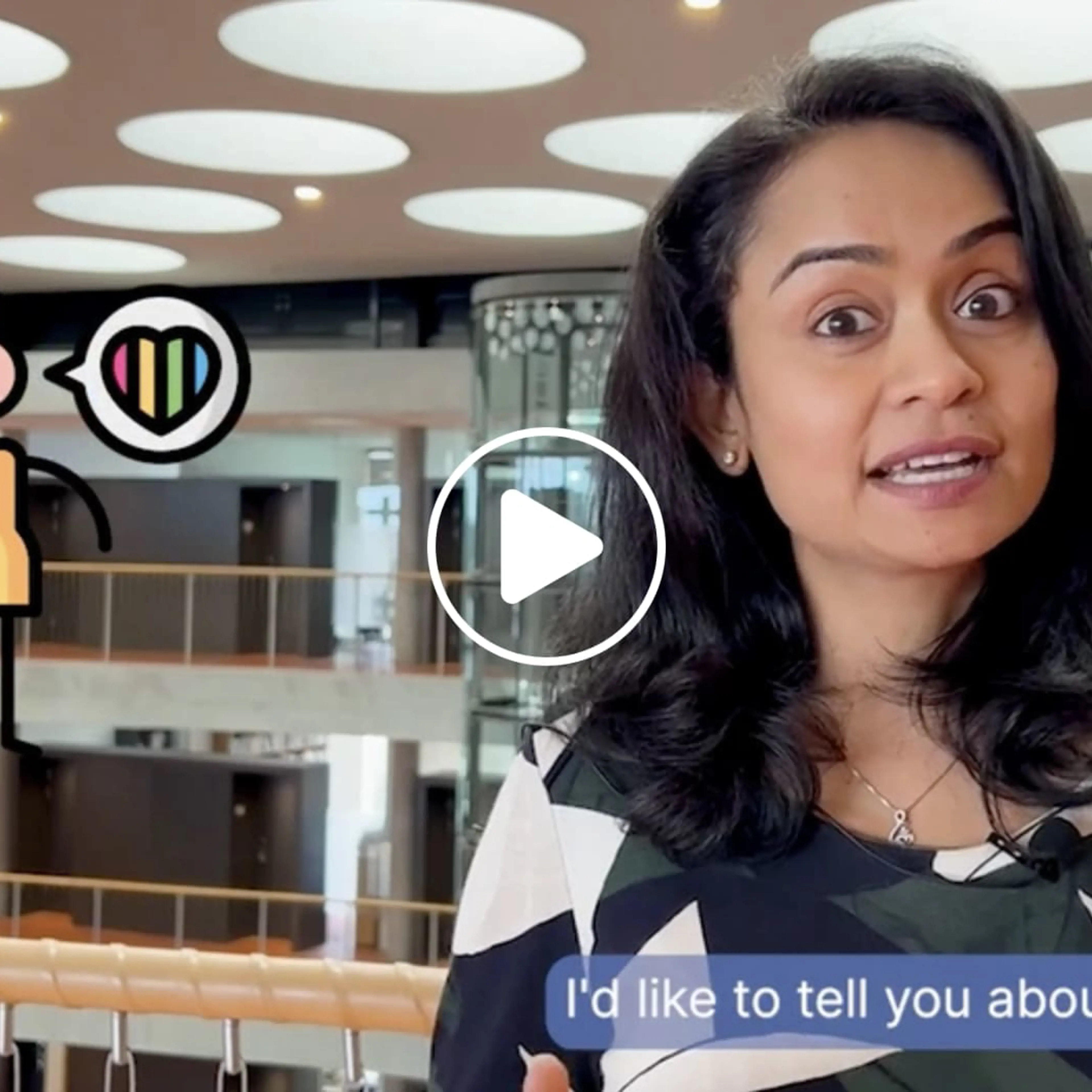Optimising the common good
While shared public management is becoming an increasing necessity, it faces challenges in the governance of the public sector in recent years.
"In recent years, the public sector has been split up into smaller units and, through New Public Management, each of them has been turned into individual "result centres". This challenges leaders who rely on collaboration and joint public sector solutions to achieve their goals," says Carsten Greve and continues:
"When problems become a common concern, there is less reason for them to be solved by individual organisations or individual sectors alone. If joint public management is to have better conditions, the public sector must turn away from focusing only on optimising the performance of individual organisations towards the possibility of optimising the common good," says Carsten Greve, and he mentions performance management as one of the challenges for joint public management.
"The individual leader must relate to some goals within their own organisation. But here, you have to try to negotiate some common goals. It's hard work, and it requires that top management is given the freedom to try to find creative solutions. There are still a lot of specific performance targets hidden in the legislation that many institutions have to live up to. If you're the head of a municipal job centre, it's no fun to see your employment figures suddenly no longer stand out because you've spent three months working with others to come up with an initiative that doesn't produce results. It can be difficult for an individual public sector leader to deal with this dilemma," says Carsten Greve, who believes that joint public sector solutions require a greater willingness to take risks in both the political system and the civil service.
Requires a cultural change
"It's kind of the nature of partnerships that unforeseen things can happen. The different parties may pull out, or it may not work out, and then you have to be prepared to give up again. You move out of your own comfort zone. Both the municipality, institutions and the individual public manager may not always be comfortable with this situation. It's clear that you're taking a risk in an area, and I'm not sure that municipalities' top managers always think that's a great idea. There is rarely a common understanding or perception of how much risk you are willing to take. It's very different from municipality to municipality and from region to region," says Carsten Greve.
He sees a contrast with the private sector, where people are more used to taking risks. In the private sector, you go in with more financial calculations and think about what the company could potentially risk and what it could potentially gain. But Carsten Greve doesn't see the same willingness to take risks for mistakes in the political system, and according to him, this can hold back creative solutions across the board.
"There is not much room for error in the political system. If something goes wrong, the responsibility quickly returns to the municipality and city council. But it's about creating a cultural change. The willingness to do this varies between political systems. For the individual public manager, this means that they need to get their bearings and take the temperature of their own municipality and assess what it really looks like. Do we want to cooperate, or is it, for example, a more cautious city council?" says Carsten Greve.
A constant state of change
The fact that public leaders must create strategies together with others implies that leaders no longer only have to deal with their own organisation, but are dependent on the organisation's collaboration with other actors. This means that it becomes part of the leader's role to assess which joint public strategies to opt in and out of. And according to Carsten Greve, this means being able to manoeuvre safely in a constant state of change with shifting demands and reforms.
"The basic condition is that the public sector is subject to continuous change. So in almost all areas there are reforms and new organisational changes all the time. In this way, you could say that the Danish public sector model today is extremely flexible. But when you have so many reforms in the public sector, you also have many different demands, and if you, as a loyal civil servant, want to comply with all demands, you will be blown away. Because if you as a leader have to comply with all the demands and take a position on all the things that come from above, it becomes very stormy," says Carsten Greve, who therefore believes that public leaders today must be able to prioritise in the constant change.
"As a leader, you have to be able to live with change. At MPG, we try to give leaders different tools for this. As a leader, you have to be able to prioritise what is most important right now, both for the organisation and across the organisation. You need to be able to collaborate with other actors to assess which joint public strategies to choose for and against. And on a leadership program like MPG, you get the opportunity to meet other leaders with the same challenge and thereby become wiser about your own leadership role and collaboration with others," says Carsten Greve.


